



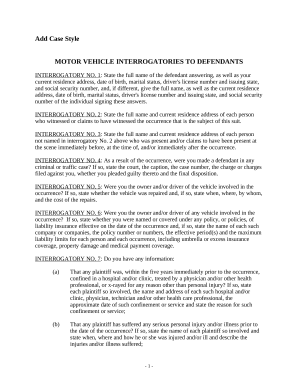
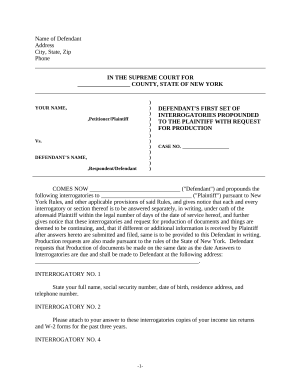

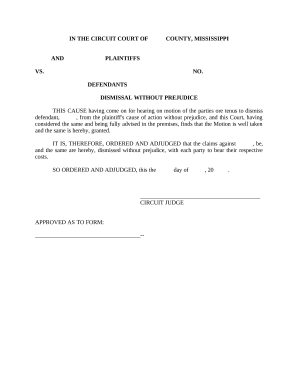
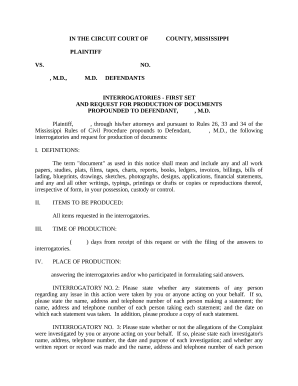

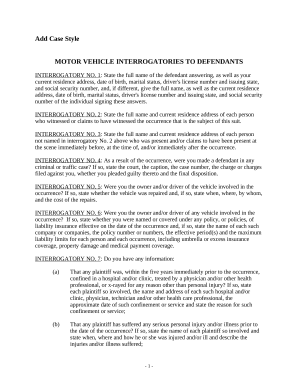
Your workflows always benefit when you are able to find all the forms and files you need at your fingertips. DocHub supplies a a huge collection of form templates to ease your day-to-day pains. Get hold of Defendant Interrogatories Forms category and easily discover your form.
Start working with Defendant Interrogatories Forms in several clicks:
Enjoy effortless file managing with DocHub. Explore our Defendant Interrogatories Forms online library and discover your form today!